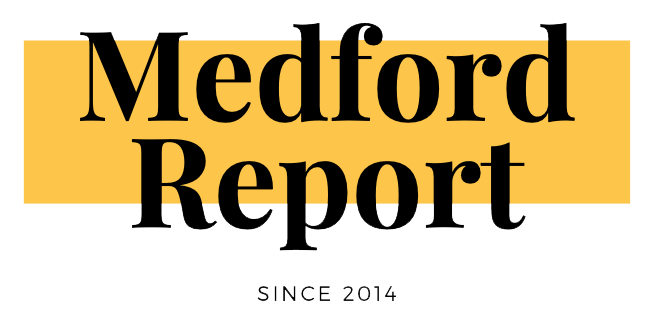Medford, OR – In a unanimous decision, Oregon lawmakers voted on Tuesday to add digitally created or altered images to the state’s “revenge porn” law, marking a significant step toward addressing the growing issue of AI-generated and digitally manipulated explicit content. The bill, known as House Bill 2299, was approved by a 56-0 vote in the Oregon House and now heads to the state Senate for further consideration.
The bill seeks to make it illegal to create or distribute digitally altered images—particularly those involving nudity or sexually explicit content—without the subject’s consent. If passed, Oregon will become the 32nd state in the U.S. to introduce legislation that targets AI-generated and altered images used to harass or harm individuals.
Rep. Kevin Mannix (R-Salem), one of the bill’s co-authors, emphasized the importance of addressing the issue as technology continues to advance. “We’re talking about images that pretend to be a realistic image of a human being,” Mannix explained. “These are not cartoons. These are not other fake images. They pretend to show a human being, a real human being in a completely false situation.”
Rep. Annessa Hartman (D-Gladstone), who also co-authored the bill, described a disturbing hypothetical scenario in which a high school senior’s innocent yearbook photo could be manipulated using a free AI program to create a nude image. The manipulated image could then spread quickly through group chats, text messages, and online threads, potentially causing irreparable damage to the student’s reputation.
“The damage is already done by the time she finds out,” Hartman said. “Her friends have seen it, her future university or employer has seen it, and maybe even her parents and family. She tries to tell them that it’s fake, but the damage is already done.”
While this scenario remains hypothetical, similar incidents have already occurred in Oregon. Crook County District Attorney Kari Hathorn shared in written testimony that an adult man in his 40s had used AI to create a fake nude photo of his former girlfriend’s 15-year-old daughter. The man took a fully clothed photo of the girl from social media, altered it to appear nude, and shared it with other individuals, including those connected to the girl’s school. Unfortunately, because the image was AI-generated, authorities were unable to take action under current laws.
“Technology continues to advance at a faster pace than the law,” Hathorn noted in her testimony.
If the bill is approved by the Senate and signed by Governor Tina Kotek, it will make it a crime to intentionally disseminate digitally created or altered images with the intent to harm, harass, or humiliate the person depicted. A first offense would be classified as a Class A misdemeanor, punishable by up to 364 days in county jail and fines of up to $6,250. Repeat offenses would escalate to a Class C felony, with a maximum prison sentence of five years and a fine of up to $125,000.
Rep. Kim Wallan (R-Medford) explained that the bill was designed with a fair balance in mind, ensuring that first-time offenders wouldn’t immediately face felony charges. “The people who tend to do this are young men who are frustrated with a situation, and we do not want to turn them into felons immediately their first time out,” Wallan said. “But if you do it again, it’s going to be a felony.”
Rep. Cyrus Javadi (R-Tillamook), another supporter of the bill, reflected on the challenges his own children have faced in navigating a world where the internet and smartphones expose them to such dangers. “For my kids and for yours, I want a future where their identities can’t be hijacked or weaponized by someone with a grudge and a copy of Photoshop,” Javadi said.
The bill’s proponents argue that its passage is a necessary measure to keep pace with rapidly evolving digital technologies and to protect individuals from the devastating impact of AI-manipulated images. As technology continues to transform the way people interact with digital media, Oregon’s move to address the issue represents an important step in safeguarding personal privacy and preventing the exploitation of individuals through malicious image manipulation.

